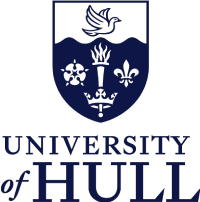Dr R Williams
No more applications being accepted
Self-Funded PhD Students Only
About the Project
Social media can be a powerful tool for volcanologists to communicate during a volcanic crisis. The rapidity with which news can be posted and then disseminated through social media can allow for quickly disseminating information, sharing official sources of information, seeing rumours forming in real time and addressing them, and having a two-way conversation (answering questions) with the public. This new instantaneous, global interaction between the media, public, volcanologists and Disaster Risk Reduction (DRR) agencies is a growing field for research.
Late 2017 through 2018 has seen several volcanic crises that have extensively used social media as part of the crisis communication with international interest (for example, the 2017 Mt Agung eruption, Indonesia; the 2018 Volcán de Fuego eruption, Guatemala; the 2018 Lower East Rift Zone (LERZ) eruption on Kilauea, USA). The effectiveness of this form of communication is yet to be established, yet is essential to inform future best practice and policies for communicating during a volcanic crisis.
This project analyses social media use during the Agung Volcano Crisis to understand who is accessing and sharing information. Who is dominating the volcano crisis hashtag? Is it disseminating information to those in need or sharing general interest information? Is key information reaching the communities in most need? How effective was social media use for communicating during this crisis?
The successful candidate will have experience which includes volcano science and/or science communication and data analysis. Students with experience with Twitter, APIs or basic coding (e.g. python) are particularly encouraged to apply.
The successful candidate will be able to access a variety of training. They will develop skills in coding and manipulating online data. They will develop skills in analyzing big data including quantitative, qualitative and geospatial.

 Continue with Facebook
Continue with Facebook

